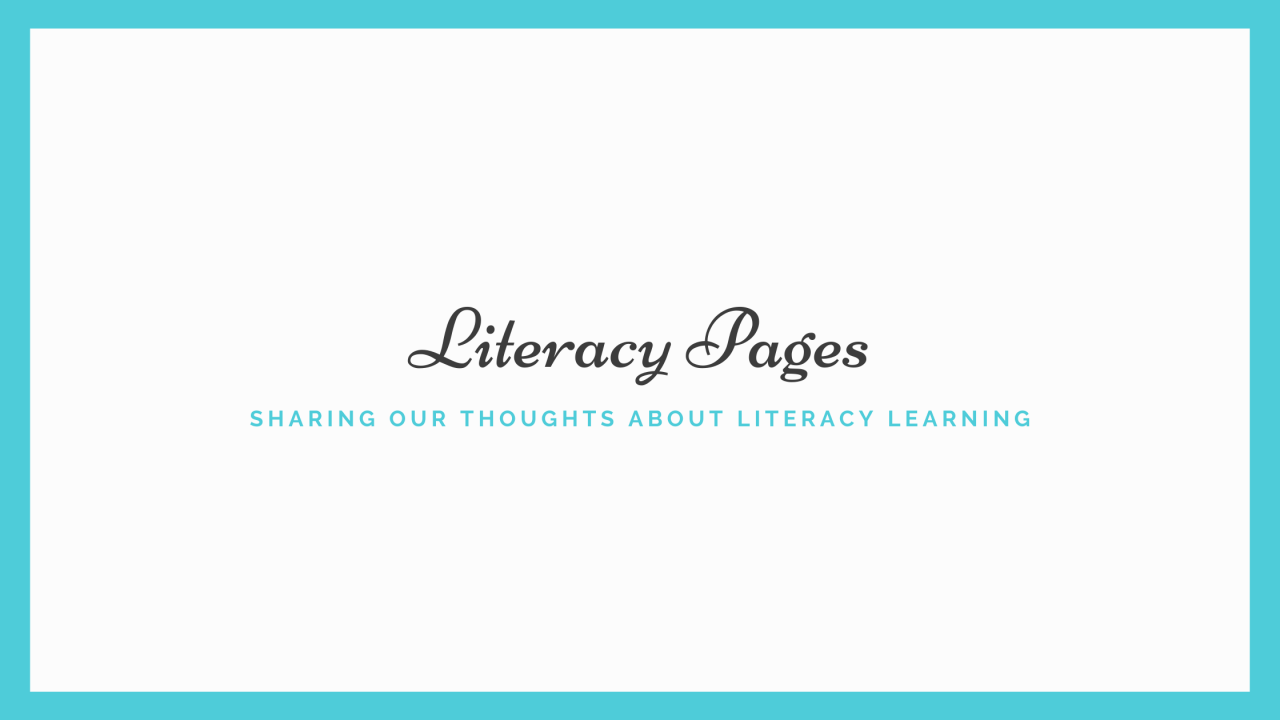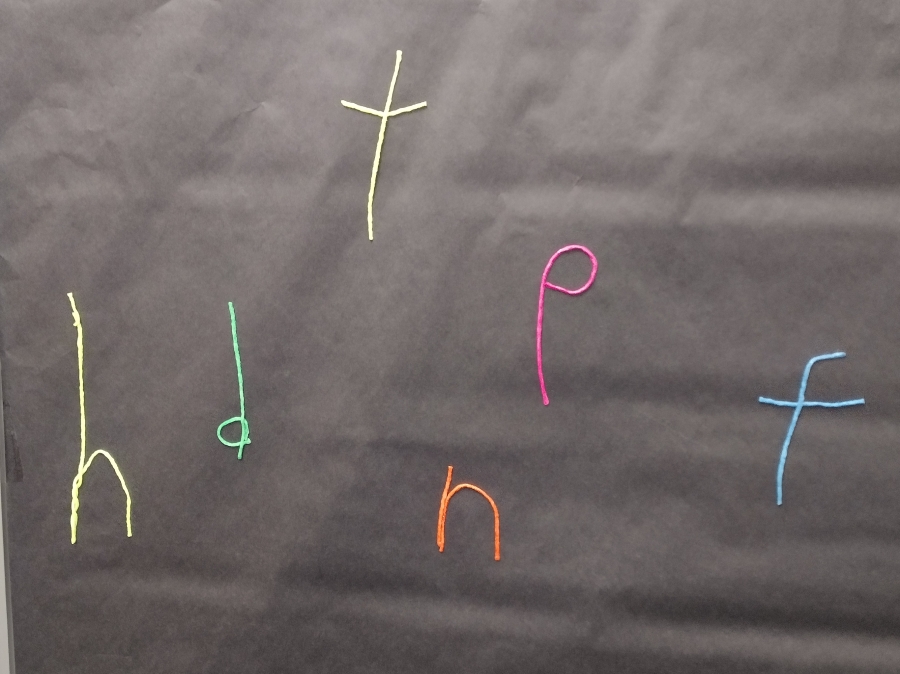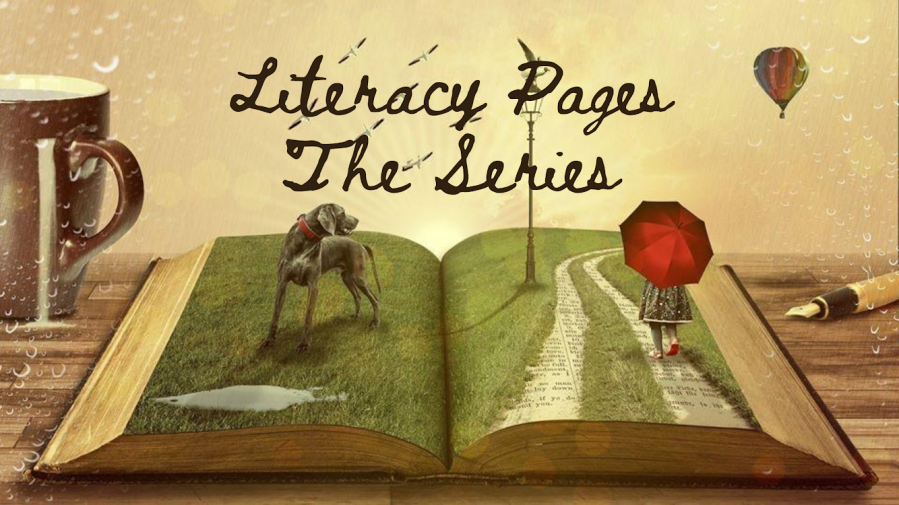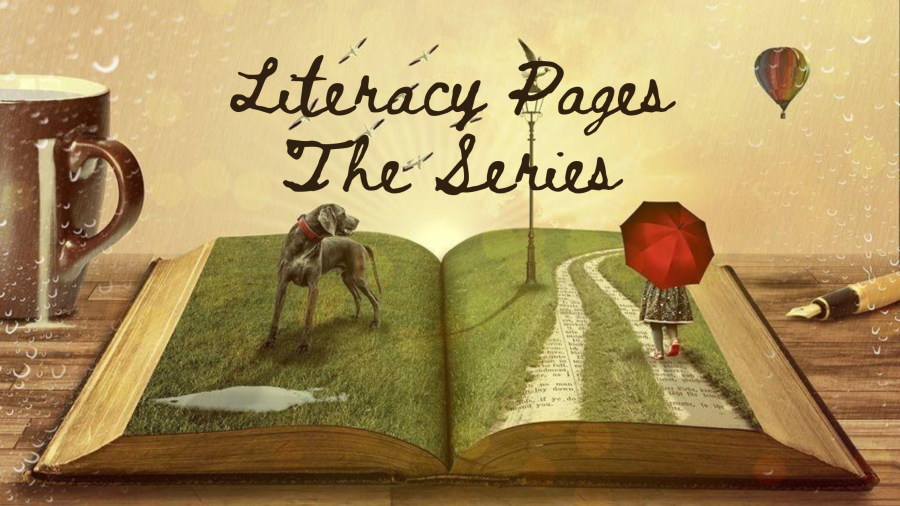I have found that developing a system for looking across multiple running records, as well as lesson records, to be a vital process necessary for consistent progress that leads to acceleration. When I make time to look for patterns of behavior across lessons, rather than only looking day by day, I feel like I know …
Continue reading Analyzing Student Progress in Reading Recovery: Guiding Questions and Next Steps






